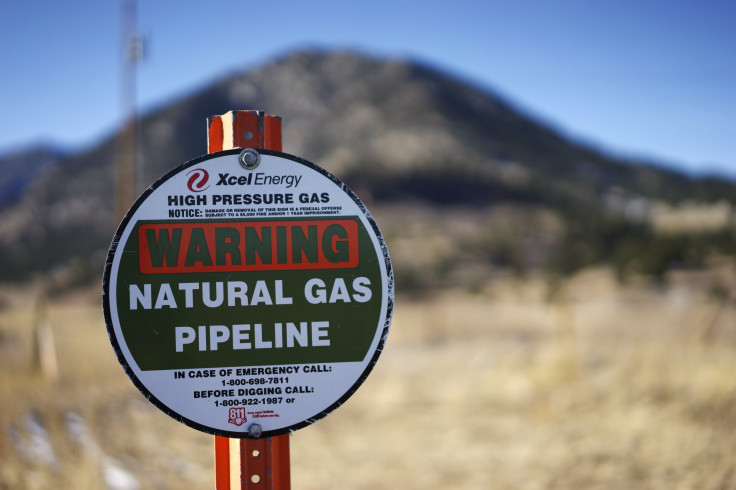Lithuania Moves Away From Russia To US For Gas Requirements

A non-binding agreement between Litgas, Lithuania’s liquefied natural gas (LNG) importer, and Delfin LNG of the United States has been reached over the weekend, as the EU Baltic state moves to lessen its dependence on Russian gas supplies.
Litgas said in a statement, it will receive its first LNG fuel from the Houston-based Chenier Energy company as early as next year, 2016. Cheniere Energy Inc's Sabine Pass, the first LNG export terminal in North America, is expected to send first cargoes by late 2015.
As hopes fade for a boom in Asian demand, LNG exporters from the U.S. have turned their attention to the small Baltic states – Lithuania, Latvia and Estonia – as well as Poland to supplement their earnings. The timing was apt as the target recipients look to other suppliers in what looked as a collective effort to dampen Russia’s expansionist plans.
"If the US starts exporting energy resources to other countries, this would take away Russia's main weapon used actively at the moment – energy blackmail. The US energy sector is operating very efficiently, thus it has competitive advantage over exporters who use energy as a tool of political pressure. The latter do not operate as efficiently," The Baltic Course quoted Lithuanian Minister of Energy, Rokas Masiulis.
Delfin LNG’s offshore liquefaction and export facility in Louisiana has a total export capacity of 13 million tonnes of LNG annually, or 18 billion cubic metres of natural gas, according to Moscow Times. The said facility is also the U.S.’ first offshore gas liquefaction project.
Lithuania's first floating LNG terminal, located next to the Klaipeda port, has commenced commercial activity in January. Its total import capacity is 4 bcm of natural gas or 2.9 million tonnes of LNG. It was the first facility that had cut off accepting gas deliveries from Russia.
Apart from Delfin LNG, Litgas also signed an agreement to buy 0.54 billion cubic metres of natural gas annually from Norway's Statoil.





















